FIVE-STAR TEAM WARRANTY &
SAME-DAY SERVICE
How Much Does it Cost to Replace a Water Heater?
A water heater is one of those household appliances we often take for granted until it stops working. Whether it’s leaking, producing lukewarm water, or has simply reached the end of its lifespan, replacing a water heater is an inevitable expense for many homeowners. However, the cost can vary significantly depending on several factors, including the type of heater, installation requirements, and any additional upgrades needed. Let’s delve into the details to get a clearer picture of what to expect when budgeting for a water heater replacement.
Types of Water Heaters:
Before delving into the costs, it’s essential to understand the different types of water heaters available on the market:
Gas water heaters: is a device that utilizes natural gas or propane to heat water. The primary component of a gas water heater is the burner, which ignites the gas and transfers heat to the water in a specialized tank.
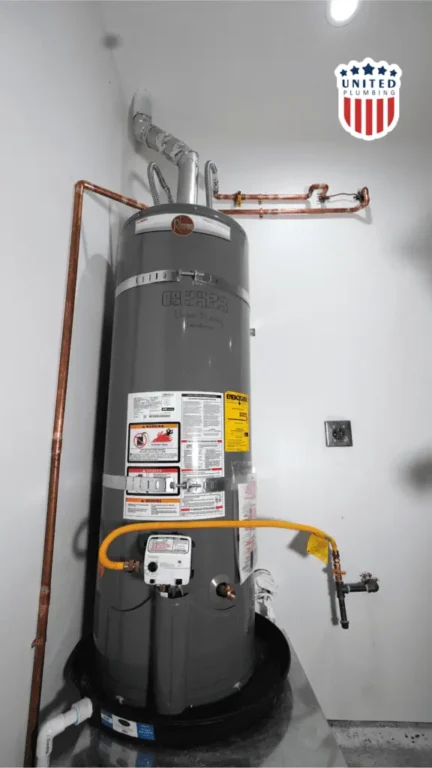
Tankless Water Heaters: Also known as on-demand water heaters, these units heat water only as it’s needed. They are more energy-efficient than storage tank heaters but typically have a higher upfront cost.
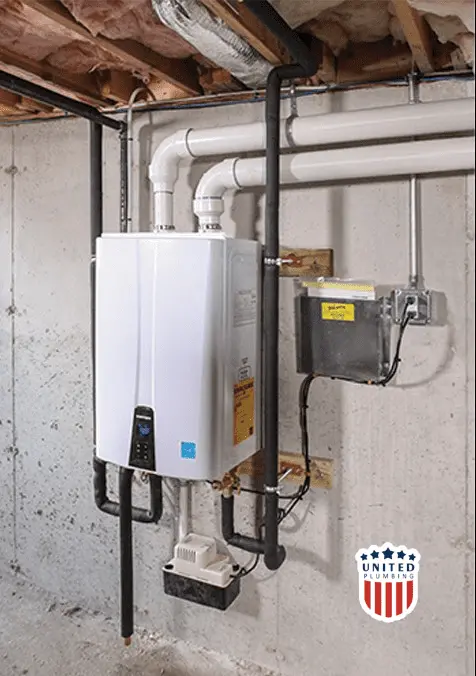
Heat Pump Water Heaters: These units use electricity to move heat from one place to another instead of generating heat directly. They are highly energy-efficient but tend to have a higher initial cost.
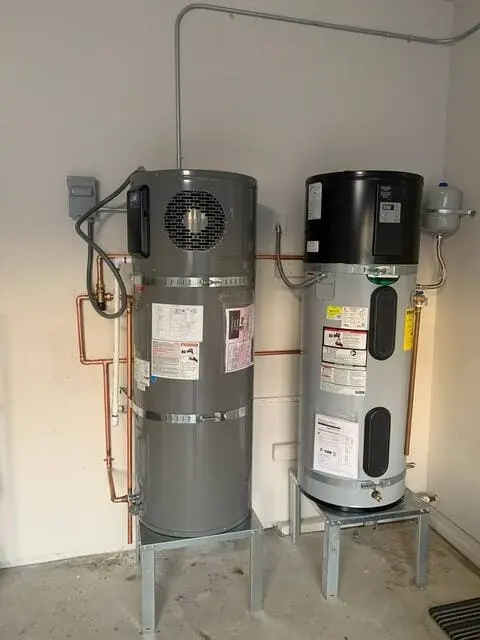
Hybrid water heaters: a relatively new addition to the market, combine the benefits of electric and heat pump technology. Delivers hot water faster than most standard electric water heaters.
Factors Affecting Cost:
Several factors influence the cost of replacing a water heater:
Type of Water Heater: As mentioned earlier, the type of water heater you choose will significantly impact the cost. Tankless and heat pump water heaters generally have a higher upfront cost compared to gas water heaters.
Size/Capacity: The size or capacity of the water heater is another crucial factor. Larger units typically cost more than smaller ones. The size you need depends on your household’s hot water demands. You can read more about the size of the water heater here.
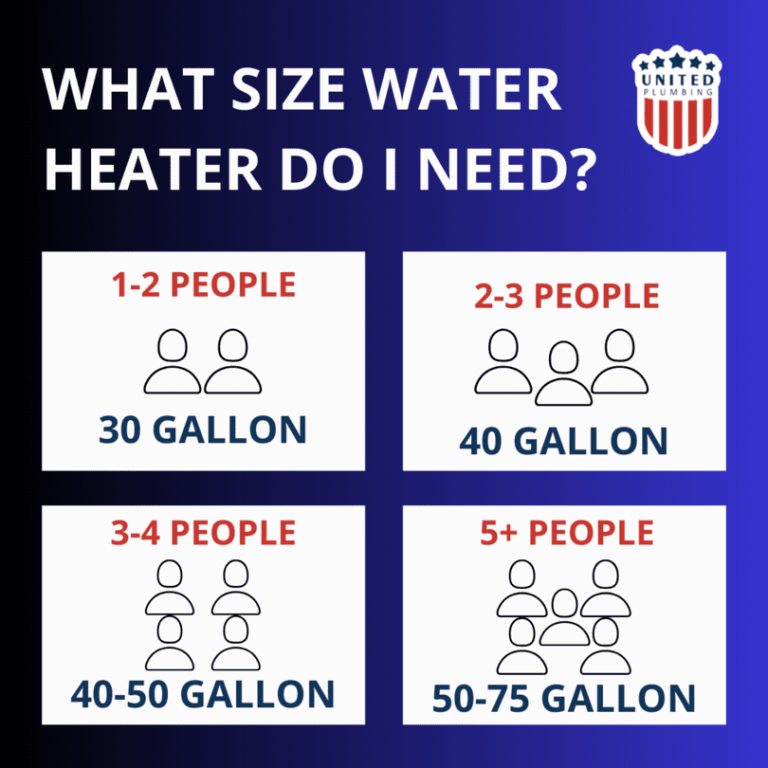
Installation Requirements: Installation costs can vary based on factors such as the complexity of the installation, whether any modifications are needed to accommodate the new unit, and labor costs in your area.
Additional Upgrades: If your home’s plumbing or electrical system needs upgrades to accommodate the new water heater, these additional costs should be factored into the total expense. Let’s assume your home is located in San Jose, Santa Clara County, or San Mateo, and the old vent system doesn’t meet safety or efficiency standards to support the proper functioning of the new water heater. In such a case, you may need to replace or upgrade the existing ventilation system to ensure adequate ventilation for the new equipment and to comply with inspection requirements. This could involve installing additional ventilation ducts, ventilation vents, or even upgrading the entire ventilation system in the house. Such work will require additional expenses for materials and installation labor, which should be taken into account when calculating the total cost of upgrading your water heater system.
Energy Efficiency: While more energy-efficient models may have a higher initial cost, they can result in long-term savings on energy bills. Consider the energy efficiency of the unit when making your decision. While more energy-efficient models may have a higher initial cost, they can result in long-term savings on energy bills. Consider the energy efficiency of the unit when making your decision. California requires energy-efficient water heaters, so it’s essential to pay attention to this aspect. There are water heaters that are not even sold in California because they are low-efficiency models. It’s crucial to choose a water heater that meets California’s energy efficiency standards to comply with regulations and to ensure optimal energy savings over time. Additionally, investing in a high-efficiency water heater can also make you eligible for rebates or incentives offered by utility companies or government programs aimed at promoting energy conservation. So, when selecting a water heater, prioritize models that are both energy-efficient and compliant with California regulations to maximize your long-term savings and environmental impact.
Cost Breakdown:
On average, the cost of replacing a water heater can range from a few hundred to several thousand dollars. Here’s a rough breakdown of the costs:
Gas Water Heater: Expect to pay anywhere from 1800$.
Tankless Water Heater: These units can cost anywhere from 3000$ to 5000$.
Heat Pump/Hybrid Water Heater: Prices for heat pump water heaters typically start around from 7500$.
Can I Replace the Water Heater Myself?
Replacing a water heater might seem straightforward for many. However, while the process isn’t overly complex, you can even do the installation according to Youtube videos. But the installation process would need a lot of time. Just because you see an installer completing the task in 2-3 hours doesn’t necessarily mean you can match their speed. Licensed companies invest thousands of hours training their plumbers to swiftly and effectively install and service water heaters. So, count on that you may need for 8-10 hours or possibly more to the installation process.
Moreover, there’s the crucial aspect of accountability to consider. If you decide to install it yourself and encounter issues such as gas or water leaks, or worse, an explosion, the responsibility and consequences would squarely rest on you. Conversely, relying on a professional licensed company shifts this burden—they assume responsibility for any malfunctions. Additionally, in the unfortunate event of an incident, insurance coverage would mitigate your losses.
Plumbing companies prioritize safety and quality assurance, ensuring that installations are executed by certified professionals, endorsed by the company itself.
While the cost of replacing a water heater can seem daunting, it’s essential to consider the long-term benefits and potential savings, especially with more energy-efficient models. Additionally, proper maintenance and timely replacement can help avoid unexpected breakdowns and costly repairs down the line. When budgeting for a water heater replacement, it’s advisable to consult with a professional to assess your specific needs and find the most suitable option for your home. Investing in a quality water heater and professional installation can provide you with reliable hot water for years to come while minimizing future expenses.
Post views: 715
Latest posts
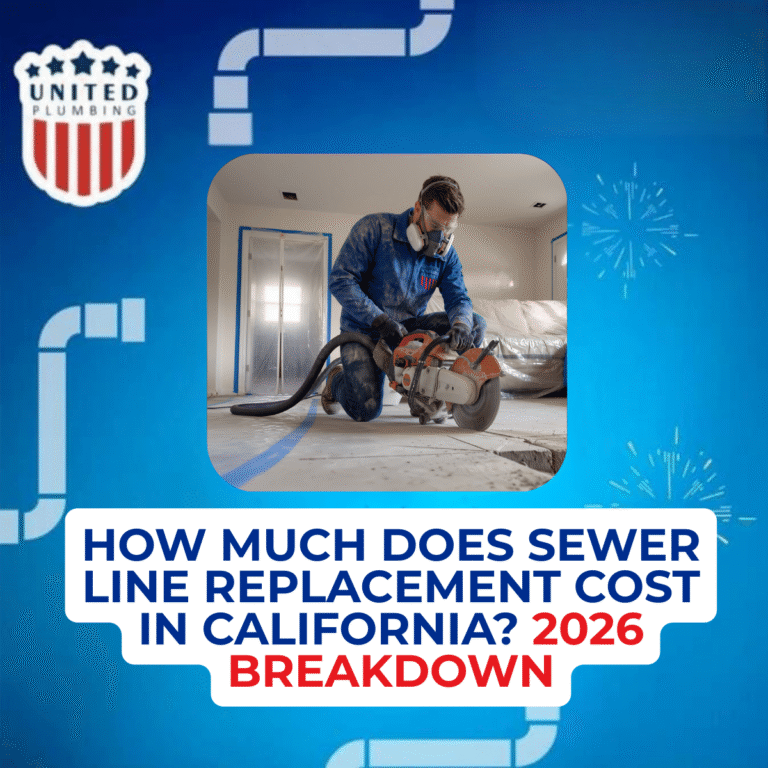
How Much Does Sewer Line Replacement Cost in California? 2026 Breakdown
In 2026, the average sewer line replacement cost in California ranges from 6,500 to 22,000 dollars. The final price...

Trenchless Sewer Repair vs Traditional Digging: Cost, Pros & Cons in California (2026 Guide)
In California, trenchless sewer repair typically costs between $6,000 and $18,000, while traditional sewer line...


If you still have questions or need advice, please leave a request and we will contact you as soon as possible
Need a plumber and got no clue where to start?
(408) 539-6936Facing a plumbing issue? Get a FREE in-person estimate and quick solutions from our skilled technicians, ensuring your home runs smoothly again!
